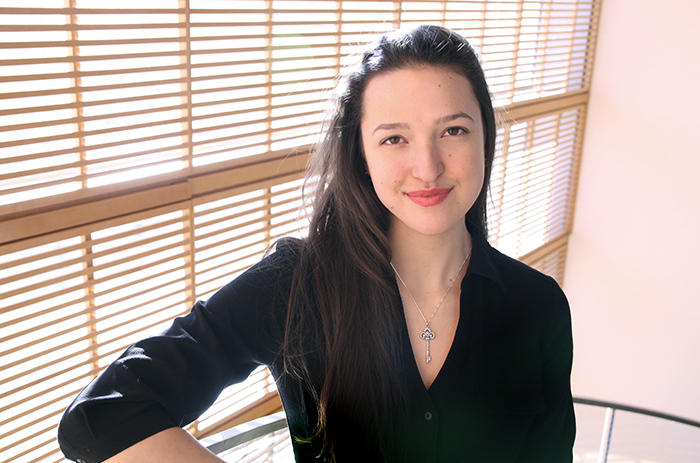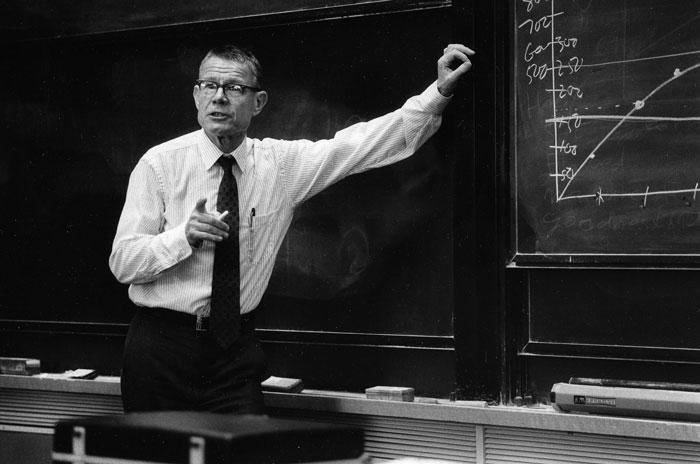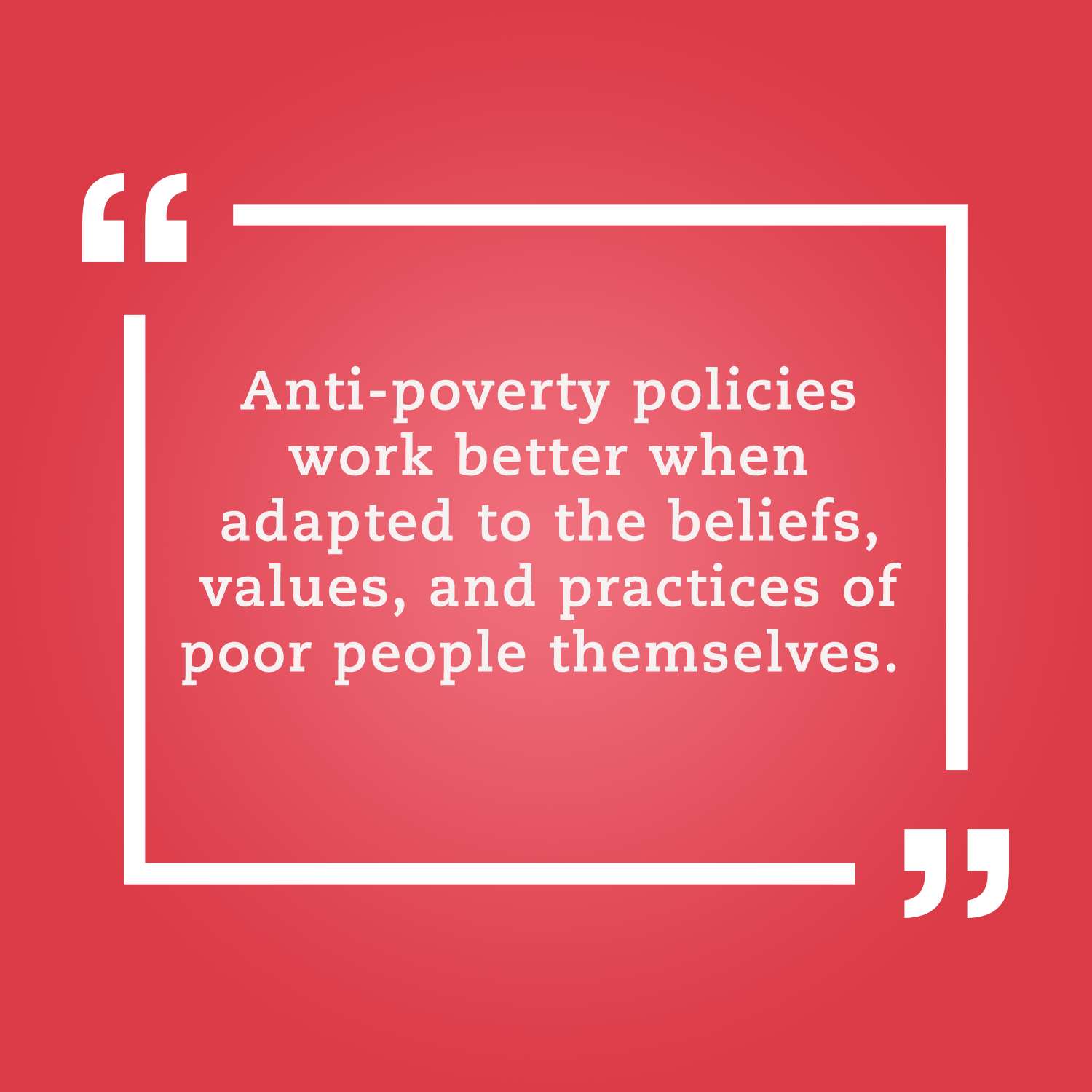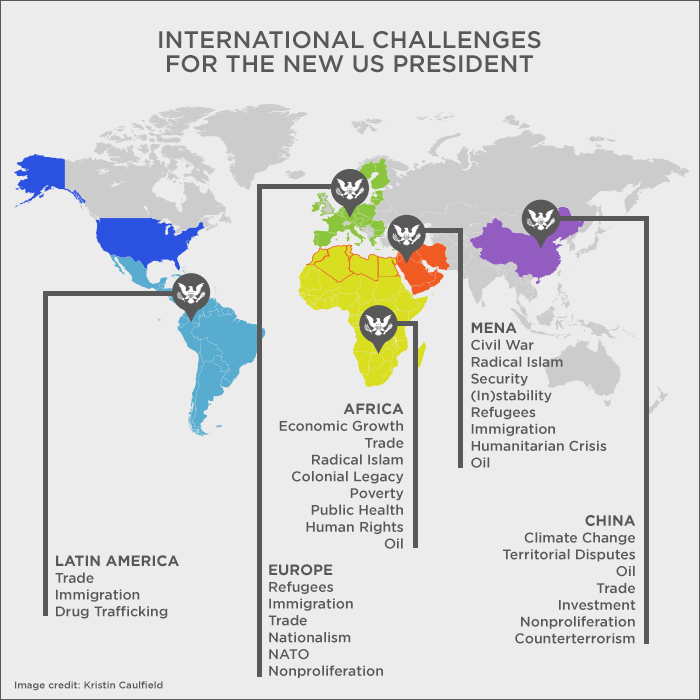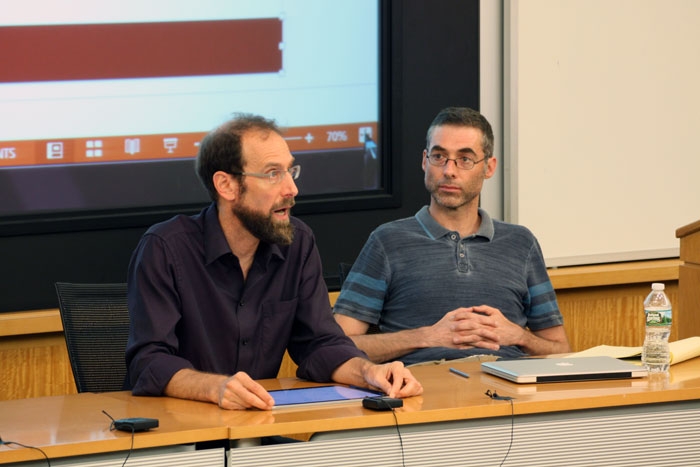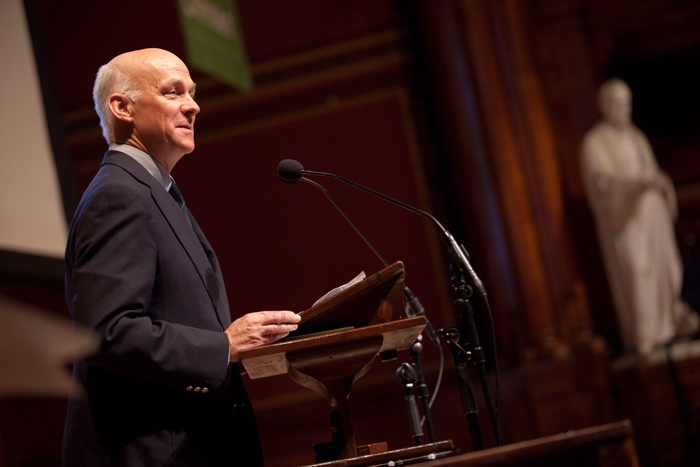Harvard historian Charles Maier explores the boundaries that separate and bind societies throughout modern history.
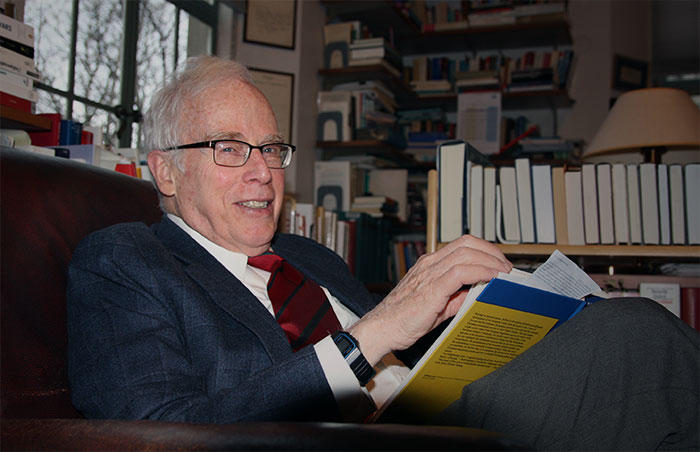
To read Charles Maier’s latest book, Once Within Borders: Territories of Power, Wealth, and Belonging Since 1500, is to take a bird’s-eye-view journey through five centuries of geopolitical history, to witness how societies have regarded and apportioned space on our planet.
As concepts of boundaries and territories are being reconceptualized in the twenty-first century, the notion of what it means to be part of a particular society takes on new dimensions. For most of us, traditional concepts of nation, state, and territory remain deeply ingrained in our sense of self and belonging. In his book, Maier takes readers on a meditative journey through the “fitful evolution of territorial organization,” and reflects on how science and technology have expanded our conceptualization of space, authority, and sovereignty. Once Within Borders invites us to step back and consider the many ways in which human societies have claimed borders and territories to consolidate power, wealth, and group affiliation—and how those borders have shaped our consciousness through time. The Weatherhead Center engaged Charles Maier, Leverett Saltonstall Professor of History at Harvard University, in a discussion about the value of borders in today’s networked world.
... Read more about The Lines We Draw Between Us

